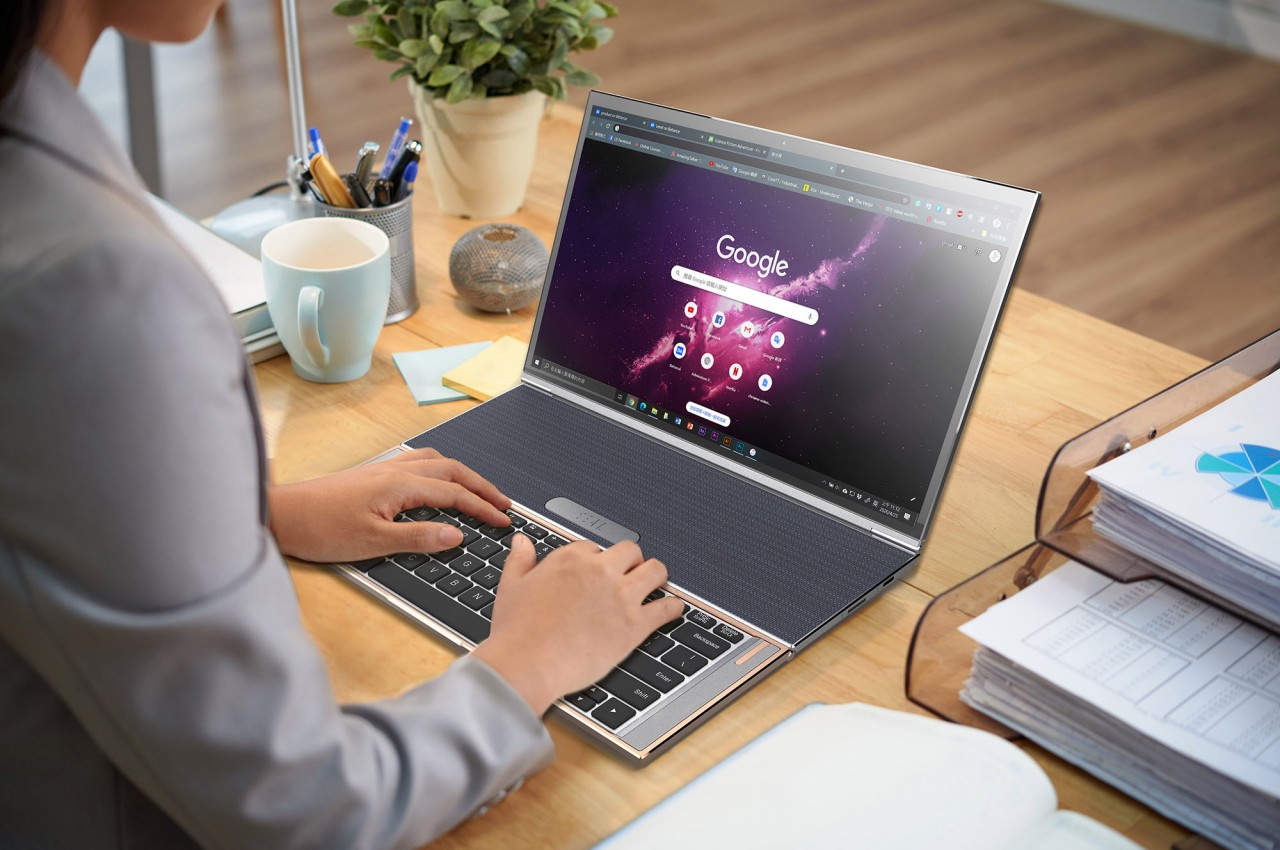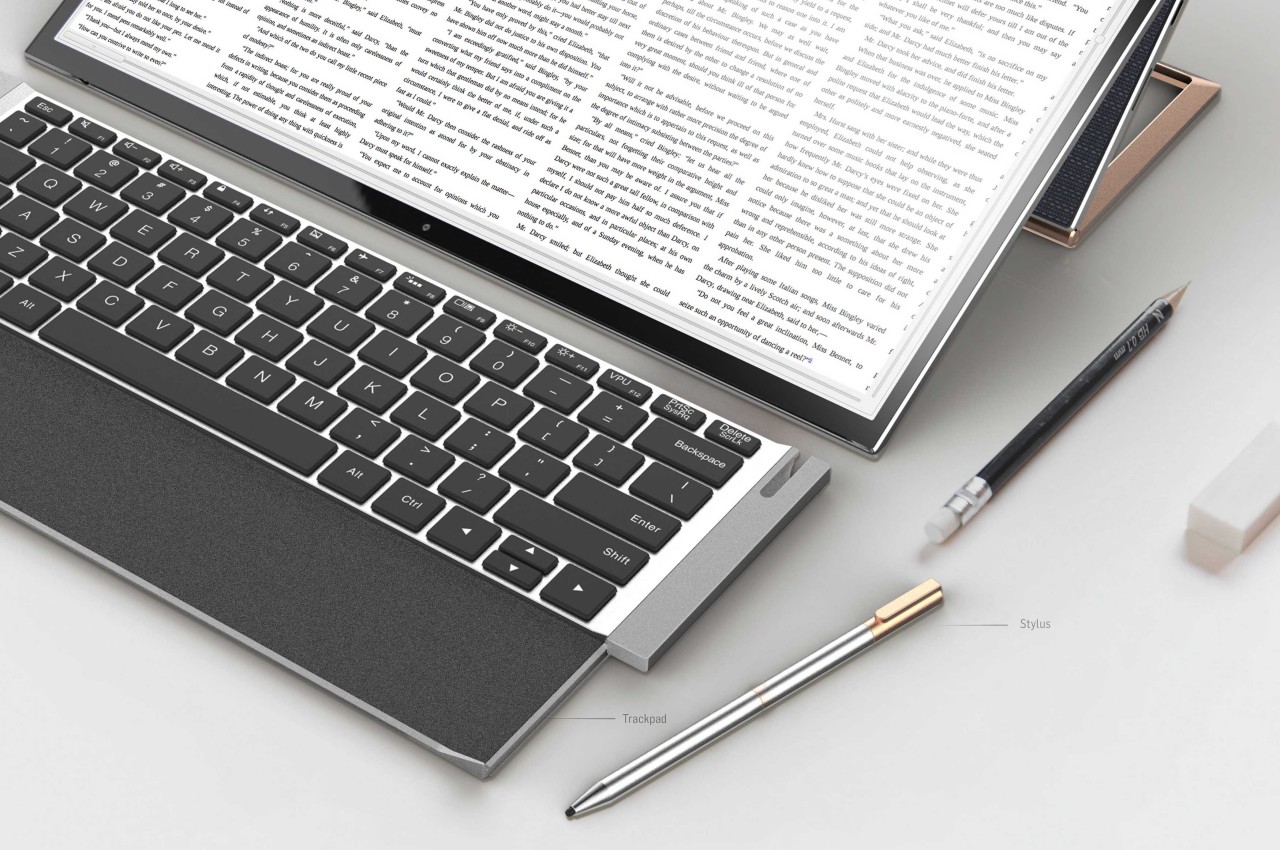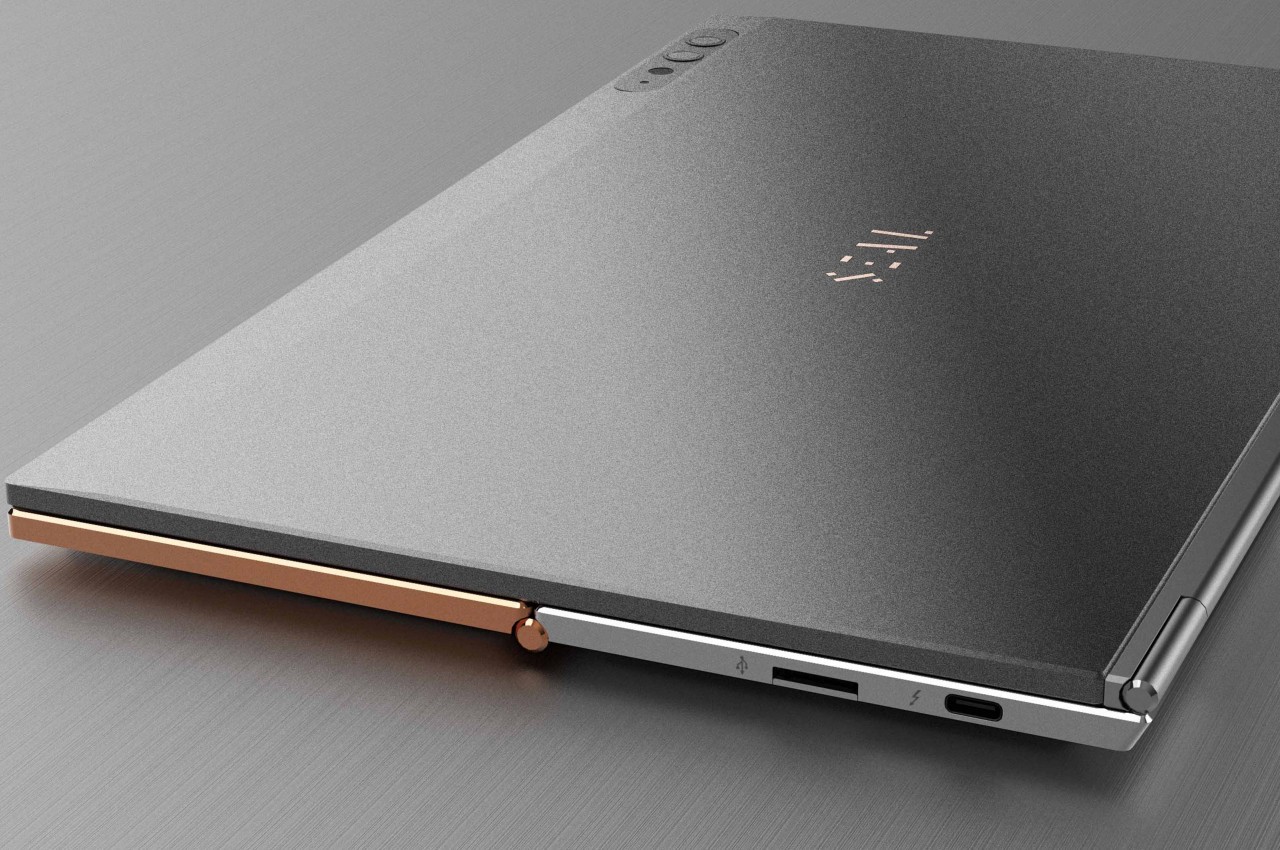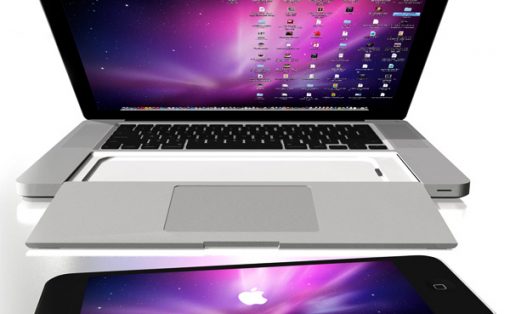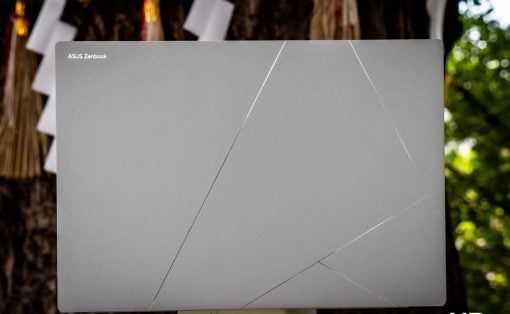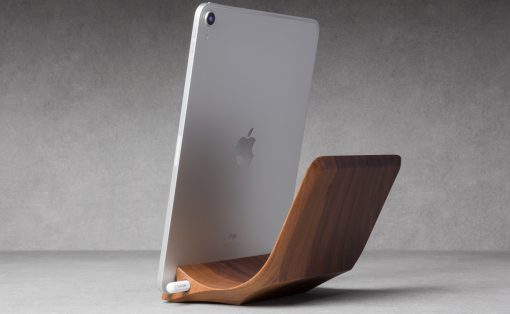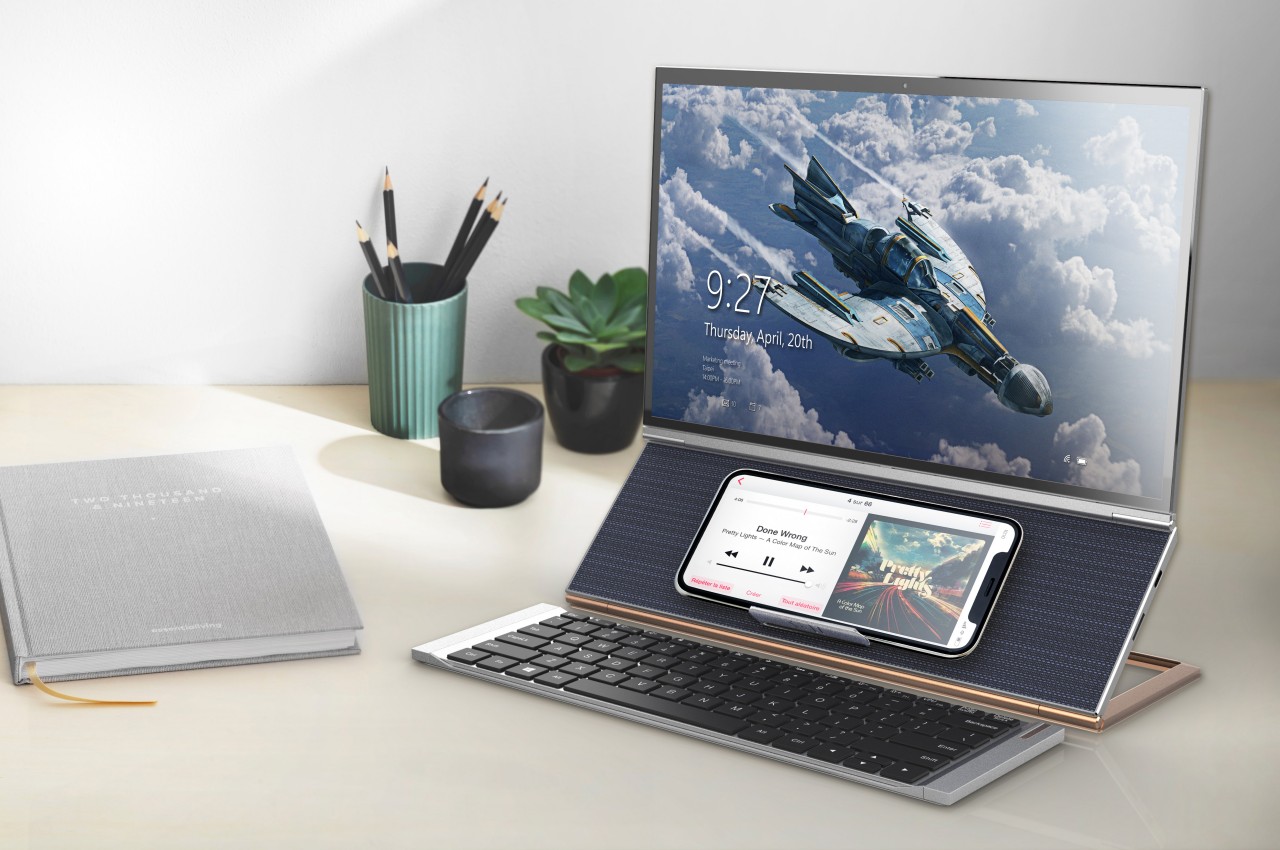
Unless you are a PC gamer, you are more likely to reach for a laptop rather than a desktop. That might not even be completely true, given how many gaming laptops have been popping up every year. While laptops today offer powerful computing that you can literally carry around, it often comes at the expense of your comfort and your body’s health. Laptops are the least ergonomic computer designs around to the point that people often hook up external keyboards, mice, and even monitors to solve that problem. That solution, however, breaks apart when you need to work away from your desk and without those peripherals, so it’s more of a workaround than a proper fix. A better answer would be to change the laptop’s design without losing its portability, something that this design concept tries to accomplish in a very interesting way.
Designer: Johnny Jia-Sheng Chen
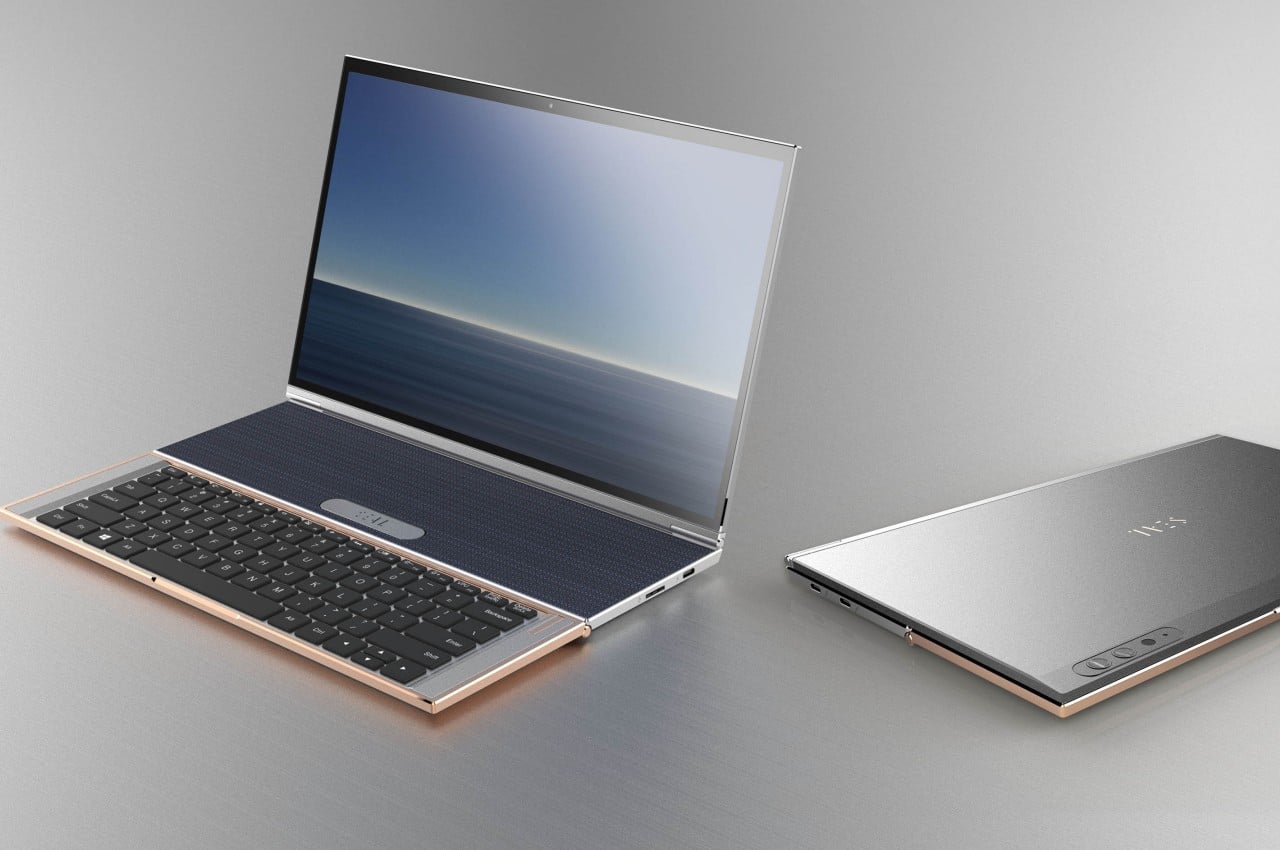
Despite its popularity and ubiquity, there are many ergonomic flaws in the laptop’s design. Even with a large screen, the display is way below the person’s normal eye level, forcing them to bend their neck. A laptop stand can help raise the screen, but that makes the keyboard unusable at that angle. The keyboard itself is a source of many bodily pains and problems, but the fact that it’s permanently attached to the laptop limits how you can solve the posture problem.
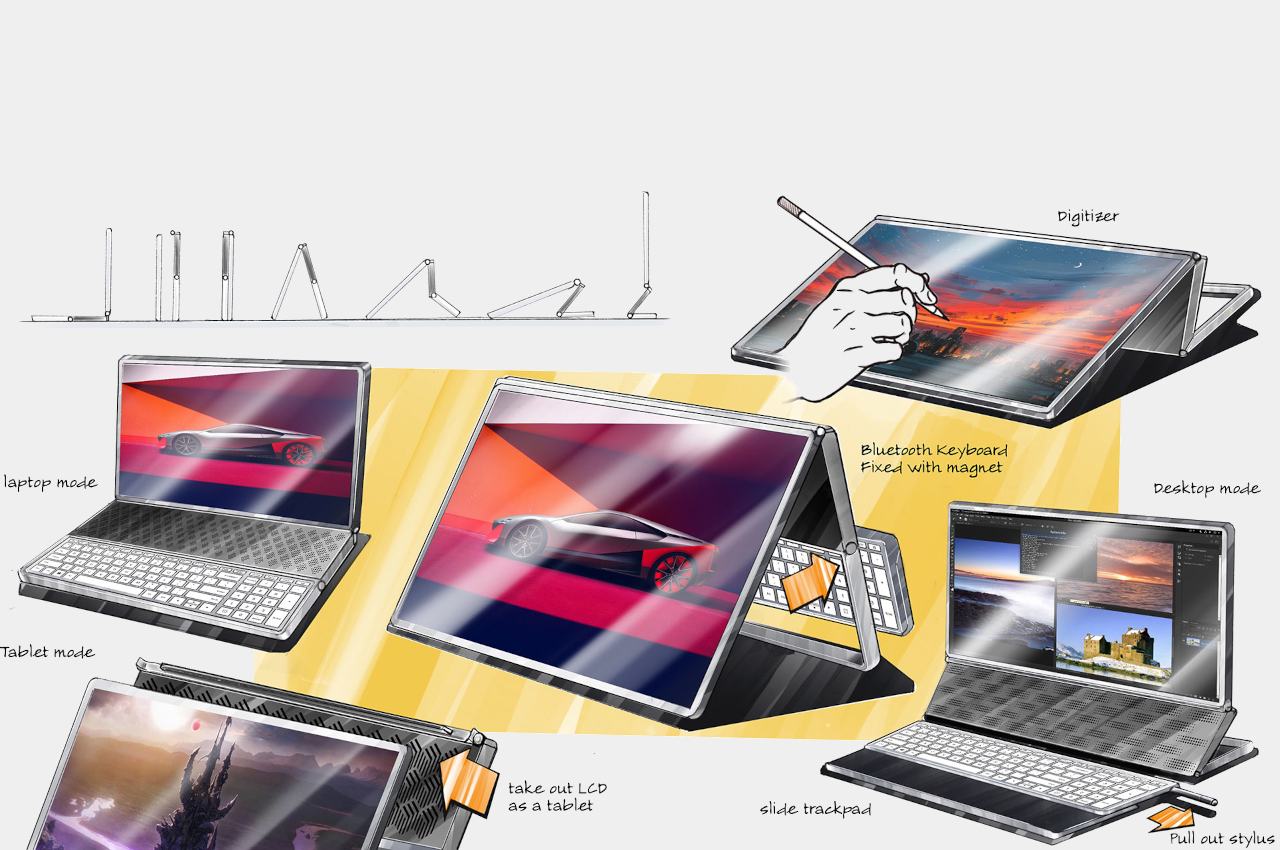
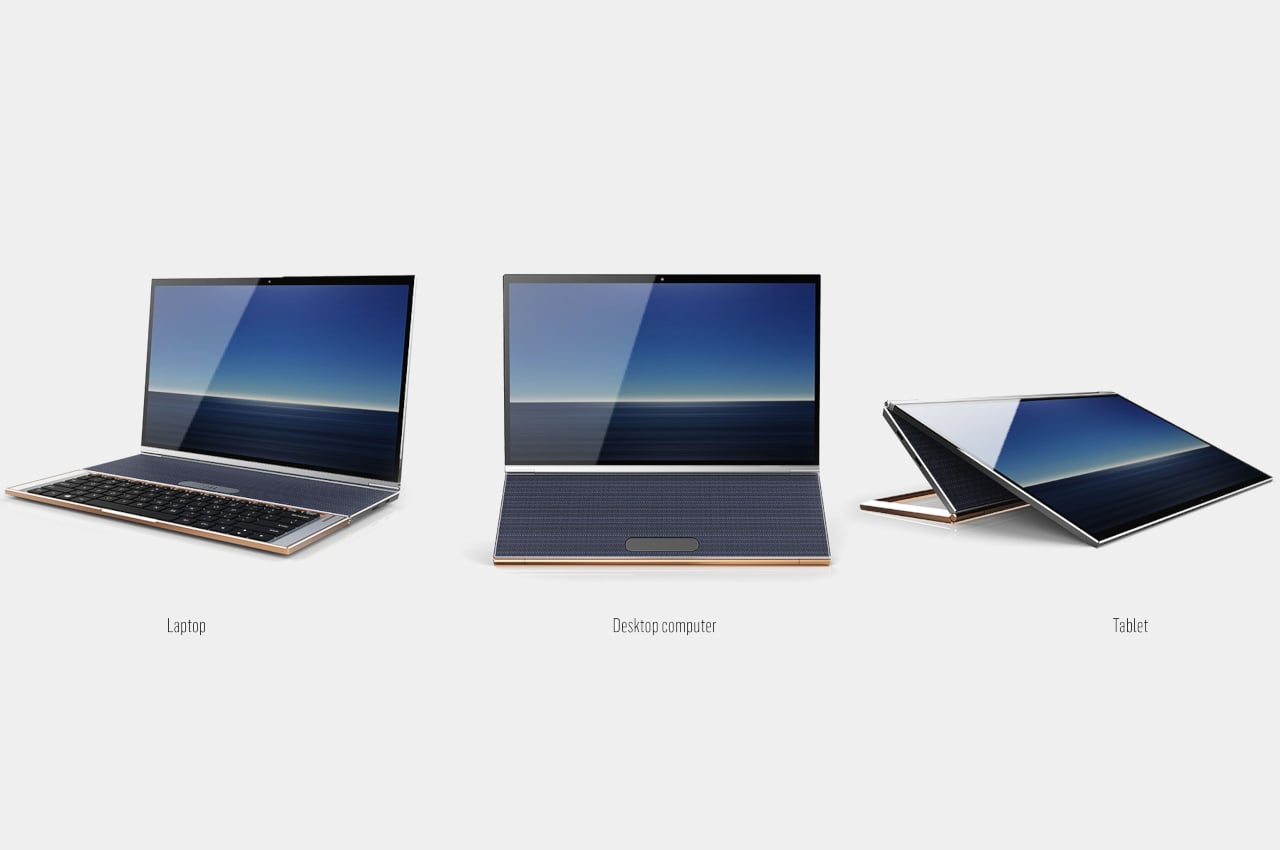
Named after soldiers that adapt to land, sea, and even air, the SEAL concept design transforms the laptop design that basically lets it function as a regular laptop, a desktop, and a tablet depending on the situation. And you don’t need any additional accessories to make that happen since everything is included in the design. In fact, the laptop includes parts you would normally use a separate accessory for, like a wireless charger for mobile devices.
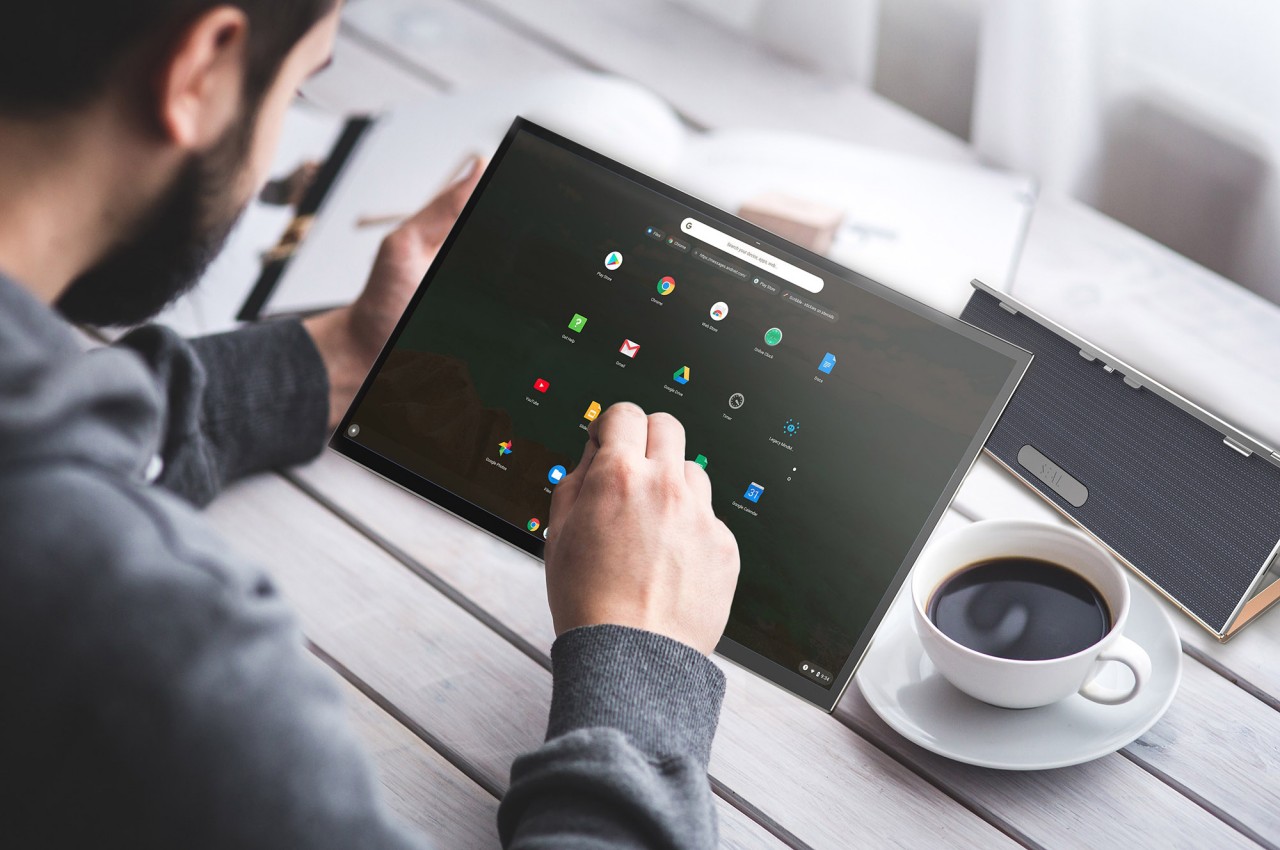
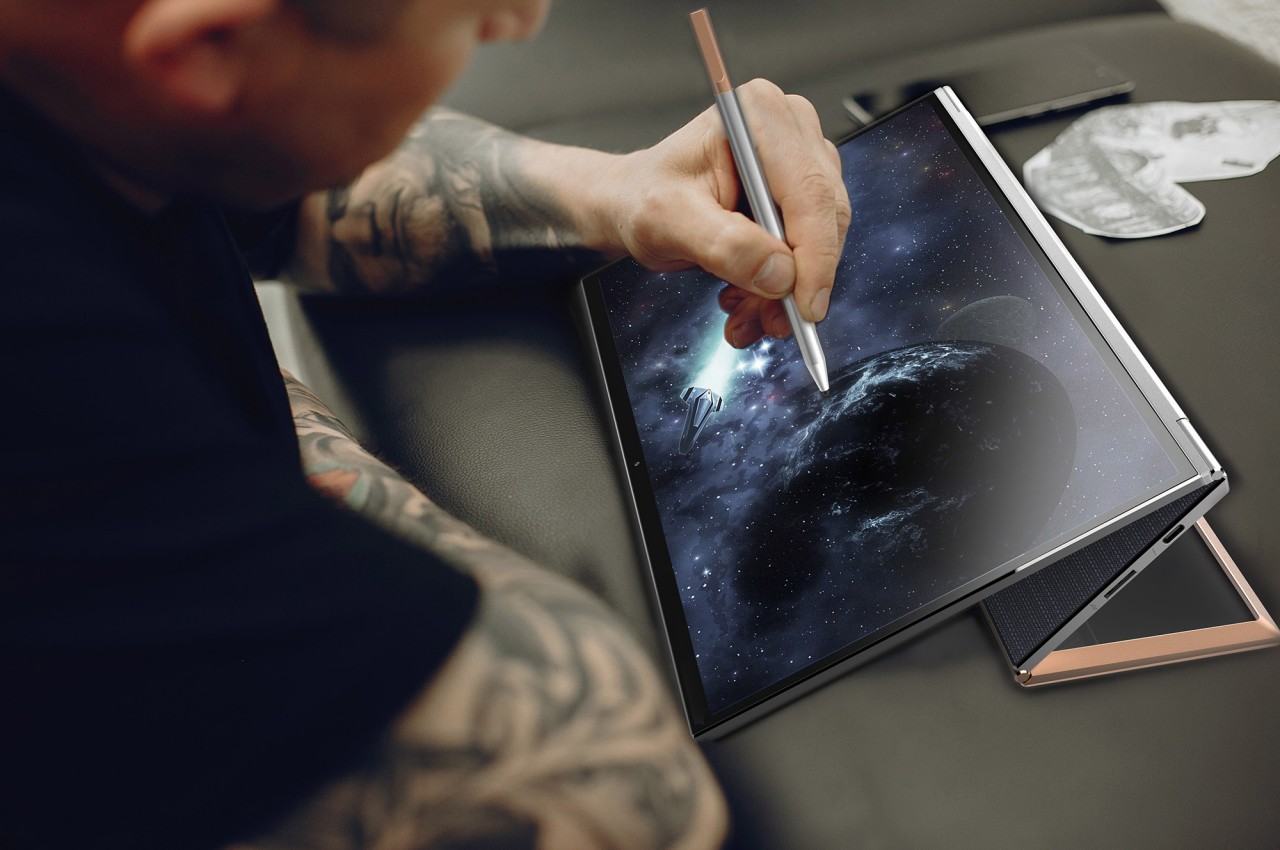
Man in a tattoo salon. Guy working. Man create a new tattoo
A laptop that turns into a tablet is already commonplace today, but the way SEAL does it is quite different in the way that it combines different designs into one. You can, for example, fold the display completely backward like a Lenovo Yoga, but you can also detach the screen completely from the rest of the frame, almost like a Microsoft Surface Pro. If you do leave it on the frame, the other half of the laptop turns into a stand that props up the tablet at an angle for more convenient drawing.
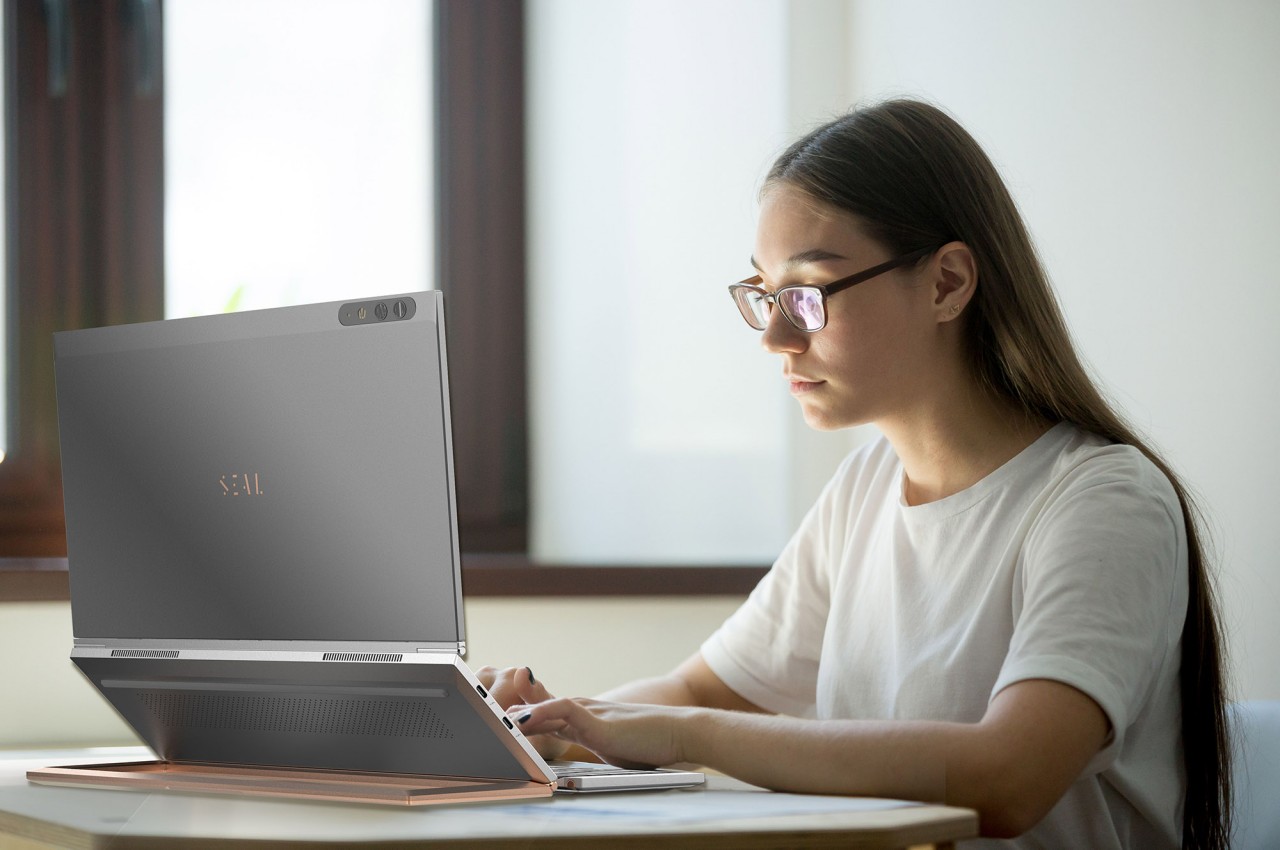
Young woman working on a laptop, concentrating on solving a problem, study for assignment, texting with a friend.
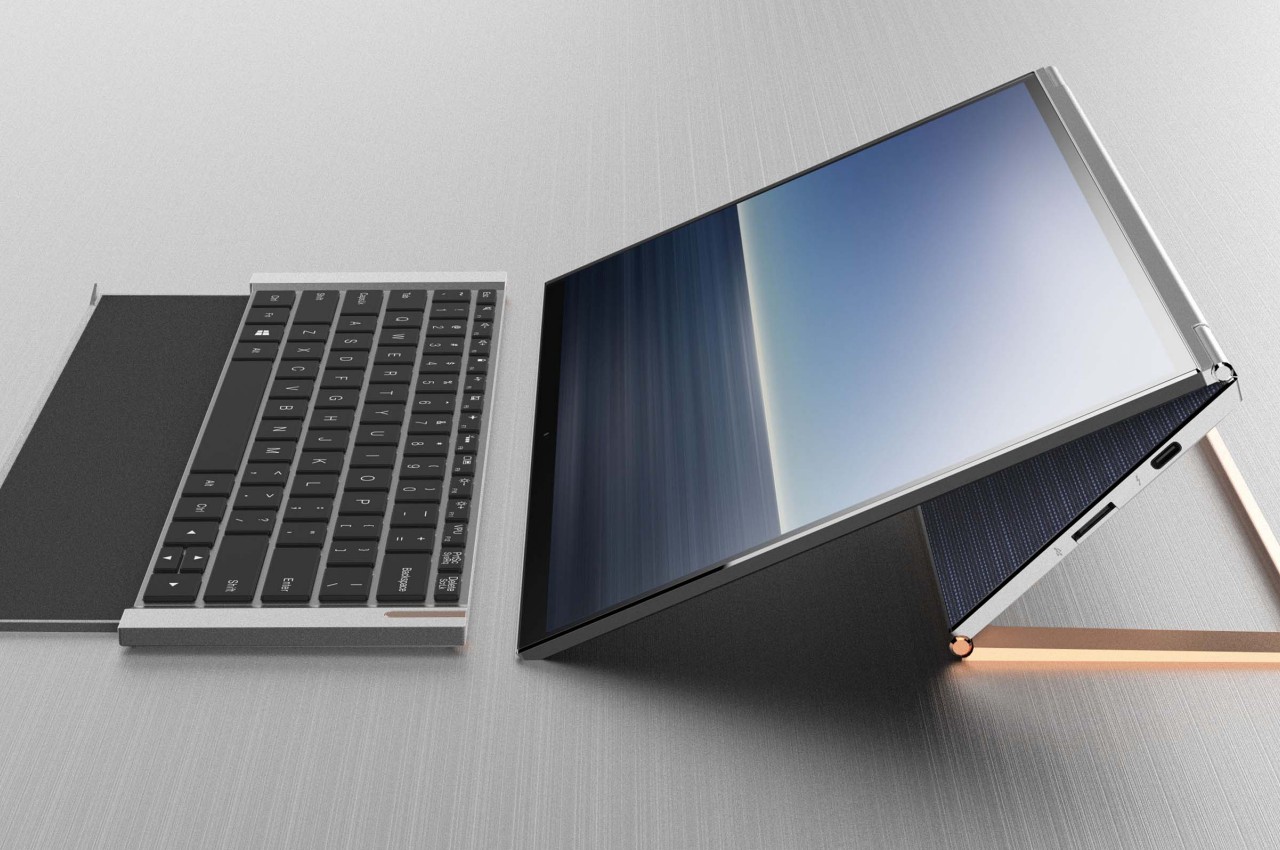
What really sets the SEAL apart is how it can become a desktop computer or at least the likeness of one. The lower half of the laptop is actually made of two segments, one holding the removable keyboard and another holding speakers and a wireless charger. These two can fold independently and can be positioned to lift the display up to a more ergonomic height while still keeping the separate keyboard usable. Technologies that would make this design possible already exist, but it would still take a bit of testing and integration to make sure all parts work properly, whether together or apart. It is definitely a creative design that we wish major manufacturers would pay attention to.
